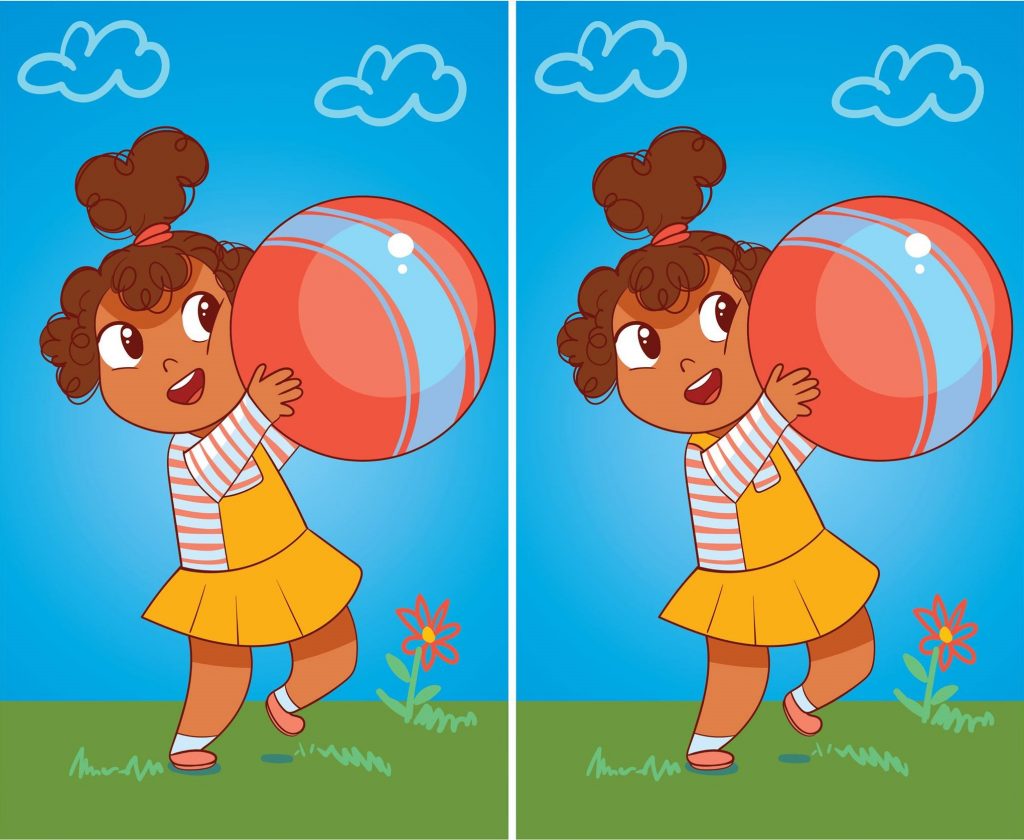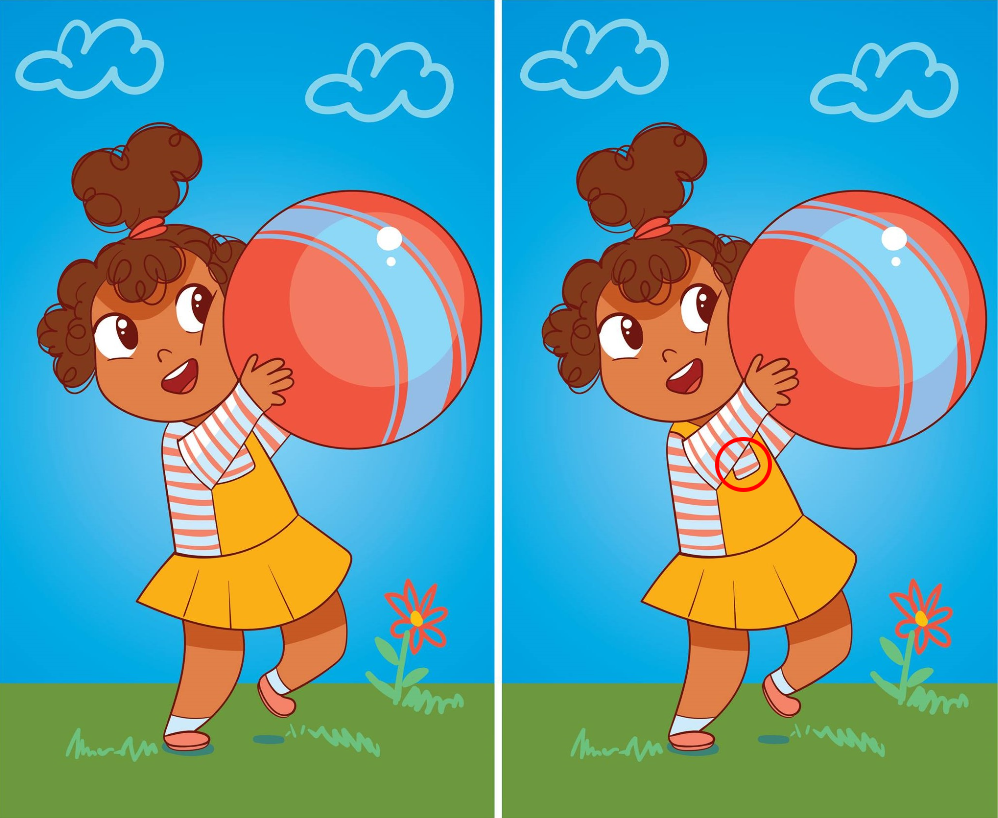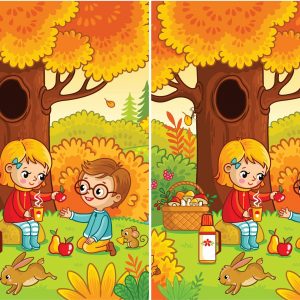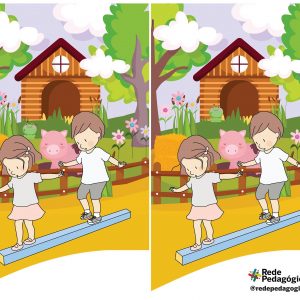The Joy of Play: Embracing Outdoor Fun with a Simple Ball
Playtime is a critical part of every child’s development. It helps them build physical strength, social skills, and cognitive abilities while allowing them to explore the world around them. The joy of outdoor play, symbolized through a child carrying a colorful ball, is a fantastic representation of the fun and freedom that comes with childhood. In this article, we will explore the importance of play, particularly outdoor play, how it influences child development, and why simple toys like balls can spark creativity and joy in children’s lives.

The Power of Outdoor Play in Child Development
Outdoor play offers a wide array of developmental benefits for children. As seen in the image of the little girl carrying a red and blue ball, outdoor play allows children to engage with the natural world and develop motor skills, balance, and coordination. Whether they are running, jumping, or playing ball games, outdoor activities help children refine their gross motor skills and strengthen their bodies.
Moreover, outdoor play also enhances a child’s social skills. It gives children the opportunity to interact with their peers, share toys, take turns, and solve problems together. Social play fosters important life skills such as empathy, cooperation, and negotiation. The simple act of playing with a ball can turn into a social learning experience, where children practice teamwork, respect, and understanding.
The Role of Ball Games in Encouraging Active Play
When we think of outdoor games, ball games are often at the forefront. A ball is one of the simplest yet most engaging toys a child can have. The image of a child carrying a ball with a big smile on her face showcases how exciting and engaging ball play can be. A ball is versatile: it can be bounced, thrown, kicked, or caught. These actions help children develop a wide range of skills, from hand-eye coordination to physical strength and agility.
For younger children, playing with a ball can also aid in improving fine motor skills, as they practice grasping, tossing, and rolling the ball. As children grow older, ball games such as soccer, basketball, or catch introduce more complex motor skills and teamwork, making the simple ball a foundation for lifelong fitness and sportsmanship.

Physical and Mental Benefits of Play with Balls
Physical activity is essential for children’s growth, and ball games provide an excellent form of exercise. When children engage in outdoor play with a ball, they not only enhance their physical health but also experience a boost in mental well-being. Playtime helps reduce stress, anxiety, and restlessness, allowing children to relax and enjoy the present moment. It offers them an outlet to release pent-up energy, improving their mood and mental clarity.
Furthermore, outdoor play with a ball can also promote cognitive development. Activities that involve following instructions, strategizing, or counting—such as in team sports or even simple solo ball play—help strengthen a child’s problem-solving skills and mental focus. These activities require attention, concentration, and memory, which are essential skills for academic success later on.
Encouraging Independent Play with Simple Toys
In the image, we see a child happily holding a ball, her expression full of curiosity and excitement. This highlights how children can create their own play experiences with simple toys like a ball. One of the best aspects of toys like these is that they encourage independent play. A ball doesn’t need a structured activity to be fun; children can invent their own games and activities, allowing their creativity to flourish.
For example, a child may start by bouncing the ball against a wall and watching it rebound, or they may create imaginary games where the ball becomes part of a larger adventure. These types of independent play experiences help children develop imagination, resourcefulness, and self-confidence. As they experiment with different ways to use a ball, they are developing a deep sense of independence and creativity.

Socializing Through Outdoor Games and Play
While independent play is valuable, outdoor ball games also provide a wonderful opportunity for children to socialize and connect with others. The image of the little girl and her ball reminds us that simple toys like a ball can facilitate social interaction in a meaningful way. Playing with others encourages teamwork, communication, and the ability to cooperate.
Whether it’s a group of friends passing a ball around, participating in a competitive game, or even just kicking a ball to one another, these interactions teach children essential social skills. Through play, children learn about turn-taking, sharing, and resolving conflicts. These are all essential aspects of building lasting friendships and relationships that will help them later in life.
The Magic of Outdoor Play: Connecting with Nature
Beyond the physical and mental benefits of play, outdoor activities such as ball games allow children to connect with nature. In the image, the child is enjoying a beautiful day under the sky, with flowers and grass around her. Nature plays a significant role in shaping a child’s overall development. Being outside in a natural environment provides children with the chance to explore and learn about their surroundings.
Nature helps to stimulate curiosity, as children observe the world around them and develop an appreciation for the environment. Moreover, outdoor play in nature can also have a calming effect on children, promoting mindfulness and emotional regulation. In this way, a simple game with a ball outdoors becomes an opportunity to nurture both physical well-being and a connection to the natural world.

Teaching Valuable Life Lessons Through Play
While children are engaged in fun, it’s important to remember that they are also learning valuable life lessons. Through ball play and other outdoor activities, children practice key skills like resilience, perseverance, and patience. When they miss a ball or lose a game, they learn how to handle disappointment and try again. These lessons are foundational for emotional growth and help children build a positive attitude toward challenges and setbacks.
In addition to perseverance, children also learn teamwork and sportsmanship through group play. Whether they are playing a competitive game or working together to pass a ball, they learn the importance of cooperation and respecting others. These experiences are essential for building emotional intelligence and creating a sense of community and belonging.

Conclusion: The Endless Joy of Playing with Balls
The joy of playing with a ball, as seen in the image of the little girl with the red ball, is a universal experience that all children can enjoy. Outdoor play with simple toys like balls promotes physical health, mental clarity, creativity, and social bonding. It provides countless opportunities for learning, growth, and emotional development.
By encouraging children to play outdoors and engage with others in simple yet meaningful activities, we help foster their overall development and well-being. Whether alone or with others, the ball serves as a reminder that some of the most rewarding play experiences are the ones that are the simplest. So, the next time you see a child throwing or kicking a ball, remember that they’re not just having fun — they’re learning important life lessons that will last a lifetime.





